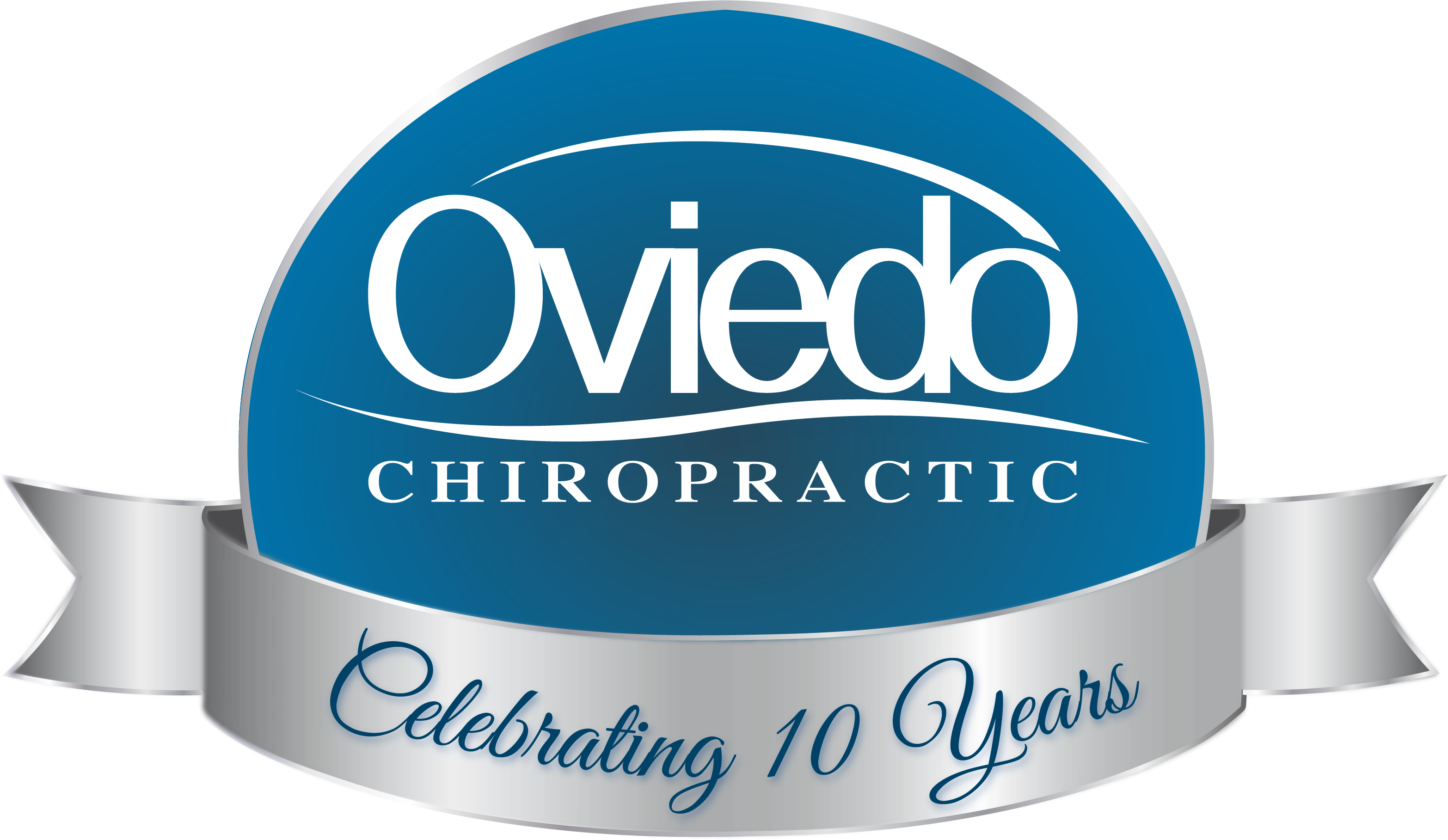Why Is a Whiplash Injury Such a Big Deal?

When it comes to car accident injuries, you can’t just “walk them off.”
Even a whiplash injury deserves quick, thorough treatment.
That fender bender put your car in the shop, but at least you were able to walk away from the accident. In fact, all you have is a little soreness in your neck. No big deal, right? It’ll heal on its own with a little ice and a couple of ibuprofen.
Unfortunately, whiplash has a reputation of being either a minor injury or a completely fabricated condition designed to make lawyers rich. As always, the truth lies somewhere in the middle.
Your whiplash injury might not warrant a hospital stay, but it’s a lot worse than just “a sore neck.” In this article, we’ll talk about what happens to your body during a whiplash injury, the immediate and long-term symptoms, and the best way to seek treatment.
We Offer Same-Day Appointments
What Exactly Is Whiplash?
Whiplash can occur from any number of collisions or accidents, but a car crashes (typically head-on or rear crashes) are the most common culprits. (Prior to the popularity of the automobile, whiplash was known as “railway spine,” because train accidents were the biggest contributor.)
During a car accident, the change in acceleration causes your head and neck to “whip” forward and backward.

This sudden action stretches your muscles, tendons, and discs beyond what they are used to, creating tears (known as a sprain) in the soft tissue. If your body is thrashed around with enough force, you might even get a concussion.
According to Harvard, even if you are rear-ended by a car going only 10 miles an hour, your neck can (briefly) experience up to 9 Gs of force. That’s nine times the force of gravity!
Symptoms of Whiplash
The injury itself may originate in the neck vertebrae, but the pain of a whiplash injury can be felt throughout the body.
Common symptoms include:
- Stiffness
- Headaches
- Pain when moving your neck
- Decreased range of motion
- Tenderness or pain in the shoulders, arms, or upper back
- Arm tingling or numbness
- Fatigue
- Dizziness
- Jaw pain
- Tinnitus (ringing in the ears)

Keep in mind, these are common symptoms, but you may not feel any of them right away. The rush of adrenaline caused by a car accident can mask the symptoms of a whiplash injury for days or even weeks.
For faster healing—and to prevent more serious long-term side effects—it is vital to seek medical treatment as soon as possible following a car accident.
Long-Term Side Effects
Whiplash is a soft tissue injury, which means it doesn’t always show up on traditional imaging tests. This has caused some skeptics to dismiss whiplash as a fabricated condition. But if you’ve ever experienced a whiplash injury yourself, you know that the pain is anything but.
In fact, if left untreated, a whiplash injury can become more painful as time goes by. Long-term side effects include chronic pain/headaches, sleep disturbances, poor memory/concentration, depression, and anxiety.
It is nearly impossible to predict your likelihood for developing these complications, however. Quick, thorough treatment is your best option for avoiding long-term pain and getting back to your normal life as soon as possible.
Treatment Options
Even for whiplash injuries that do resolve on their own, recovery can take weeks or even months.
To treat a whiplash injury, most medical doctors recommend rest, ice, pain medication, and/or physical therapy (for more severe cases). But you do have more options!

Chiropractic care can help you avoid pain medications and lessen your overall recovery time. In fact, if the car accident caused your vertebrae to shift out of alignment, a whiplash chiropractor is your best option!
Chiropractors use a combination of spinal adjustments, medical massage, and E-stim treatments to encourage the body to heal itself naturally—no drugs needed.
Whiplash Injury? We Can Help!
A whiplash injury is not something you should take lightly. Not only can the pain be debilitating, it can get worse if left untreated.
At Oviedo Chiropractic, we specialize in car accident injuries of all kinds, including whiplash. After an initial exam, Dr. Cough and Dr. Chu will develop a treatment plan that addresses your unique injuries.

